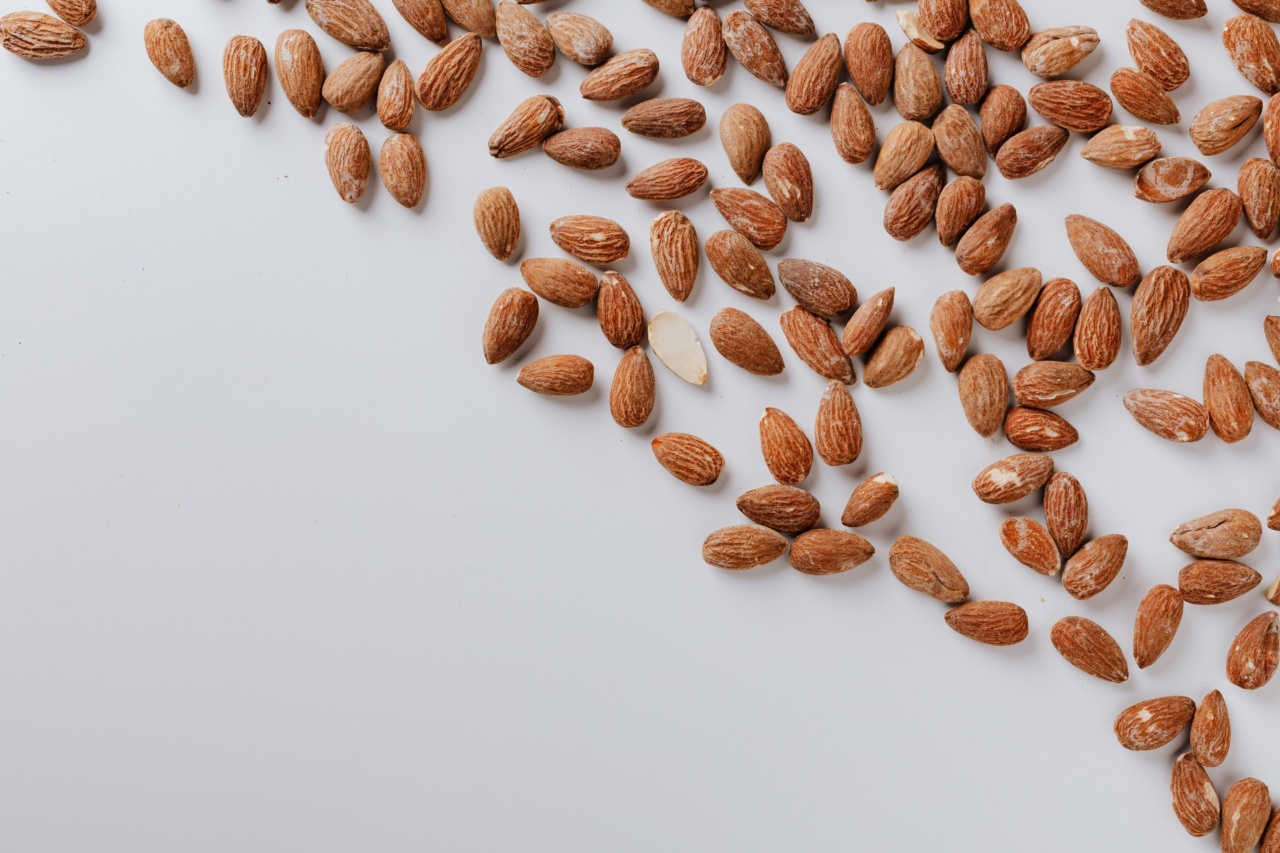As more people are opting for plant-based diets, the need for adequate protein sources cannot be overstated.
Protein plays a critical role in building and repairing tissues, as well as being integral in the creation of enzymes, hormones, and other molecules in the body. It is essential to consume enough protein in our diet to maintain good health, regardless of our dietary choices. Fortunately, there are many vegan protein sources that can meet this requirement.
1. Legumes
Legumes, which include beans, lentils, and chickpeas, are an excellent source of protein and fiber. They are also high in iron, zinc, and other essential minerals.
One cup of cooked black beans contains around 15 grams of protein, while one cup of lentils provides 18 grams. Legumes are also low in fat and can be used in a variety of dishes, making them a versatile addition to any diet.
2. Nuts and Seeds
Nuts and seeds are an excellent source of protein, healthy fats, and fiber. Almonds, pistachios, and cashews are among the most protein-dense nuts, with one ounce containing about 6 grams of protein.
Pumpkin seeds and hemp seeds are also great sources of protein, with one tablespoon of pumpkin seeds containing 5 grams of protein, and hemp seeds containing around 9 grams per two tablespoons. Nuts and seeds can be eaten as a snack, added to salads, or used to make nut butter or seed butter.
3. Tofu and Tempeh
Tofu and tempeh are soy-based products that are staple sources of protein for many vegans and vegetarians. Tofu is made from soy milk and can be used in a variety of dishes, from stir-fries to desserts.
A half-cup of firm tofu contains about 10 grams of protein. Tempeh is made from fermented soybeans and has a nutty, earthy taste. It contains slightly more protein than tofu, with a half-cup providing about 15 grams of protein.
4. Quinoa
Quinoa is a plant-based protein source that is a staple in many households. It provides all nine essential amino acids, making it a complete protein.
One cup of cooked quinoa provides around 8 grams of protein and is also rich in fiber, iron, and magnesium. Quinoa is versatile and can be used in salads, as a side dish, or as a substitute for rice and pasta.
5. Seitan
Seitan, also known as wheat meat or wheat gluten, is made from wheat protein. It has a texture and taste similar to meat and is a popular meat substitute for many vegans.
A three-ounce serving of seitan contains around 21 grams of protein, making it one of the most protein-dense vegan foods. It is also low in fat and can be used as a substitute for meat in many dishes, including sandwiches and stews.
6. Edamame
Edamame, which are immature soybeans, are a plant-based protein source that is commonly eaten as a snack or appetizer. One cup of edamame contains around 17 grams of protein.
Edamame is also a good source of fiber and iron and can be eaten on its own or added to soups, stews, and salads.
7. Spirulina
Spirulina is a type of blue-green algae that is packed with nutrients, including protein. One tablespoon of dried spirulina contains around 4 grams of protein.
Spirulina is also rich in antioxidants, vitamins, and minerals, making it a popular superfood and dietary supplement. Spirulina can be added to smoothies or taken in capsule form.
8. Nutritional Yeast
Nutritional yeast is a deactivated yeast that is popular in vegan cuisine due to its cheesy, nutty flavor. It is also a good source of protein, with two tablespoons containing about 8 grams of protein.
Nutritional yeast is also rich in B vitamins, including vitamin B12, which is essential for vegans who may not get enough B12 from their diet alone. Nutritional yeast can be used as a seasoning or added to sauces and dips.
9. Hemp Protein Powder
Hemp protein powder is made from ground hemp seeds and is a rich source of protein and fiber. One scoop of hemp protein powder contains around 15 grams of protein and is also rich in omega-3 and omega-6 fatty acids.
Hemp protein powder can be added to smoothies, oatmeal, or used as a substitute for flour in baked goods.
10. Vegetables
While vegetables are not as protein-dense as some of the other sources on this list, they still contain protein and are an important part of a vegan diet.
Broccoli, spinach, and asparagus are among the top protein-rich vegetables, with one cup of cooked broccoli containing around 4 grams of protein, and one cup of cooked spinach containing around 5 grams of protein. Vegetables are also rich in other nutrients such as vitamins and minerals and are an excellent source of fiber.
There are many vegan protein sources available to those following a plant-based diet.
Incorporating a variety of these sources into your diet can ensure that you are meeting your daily protein requirements while also reaping the nutritional benefits of a plant-based lifestyle.




























